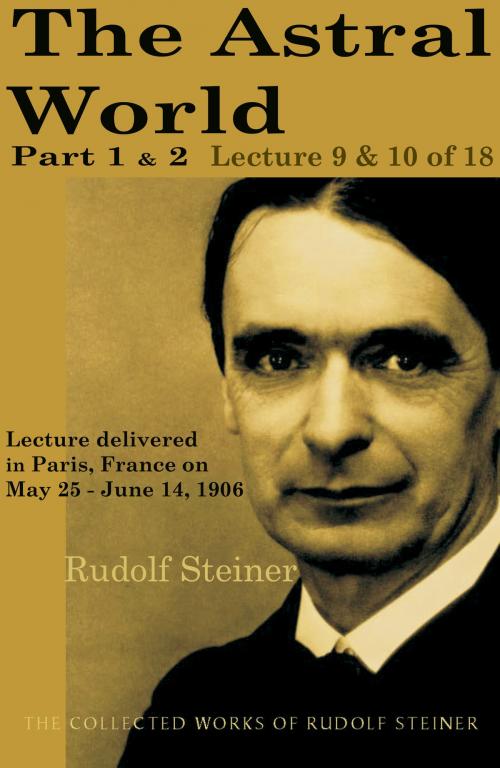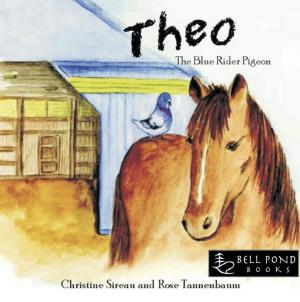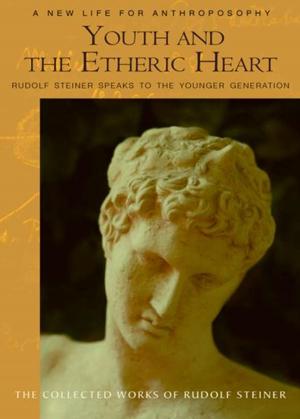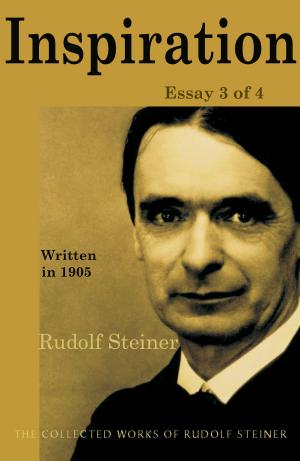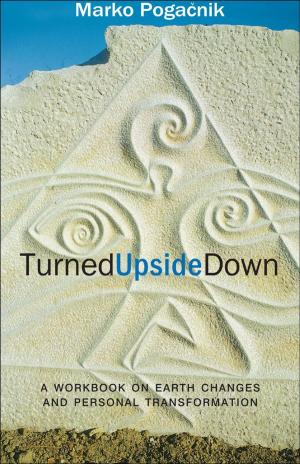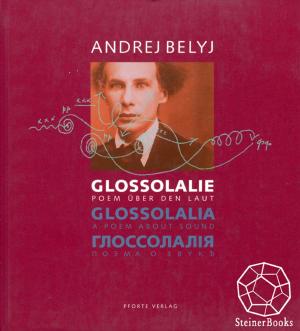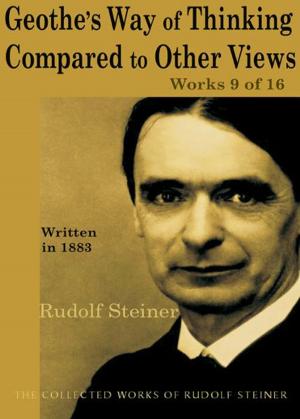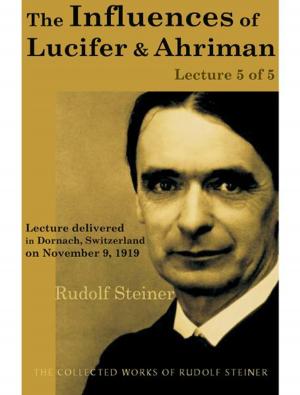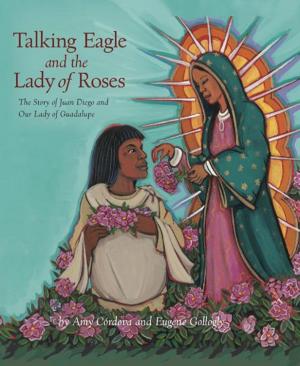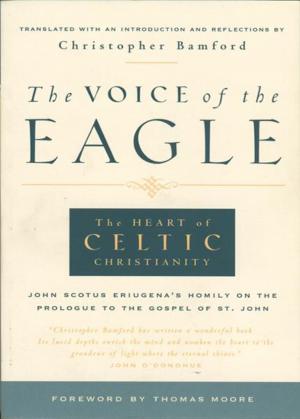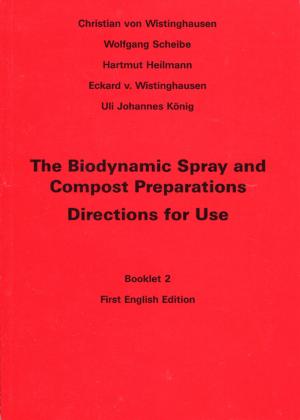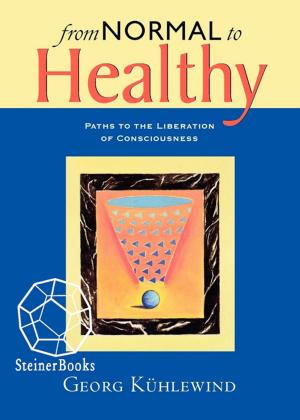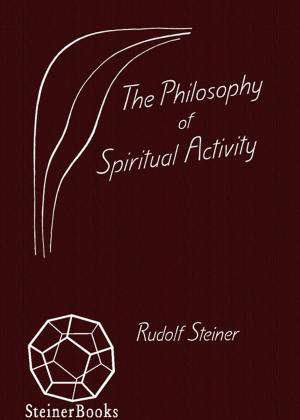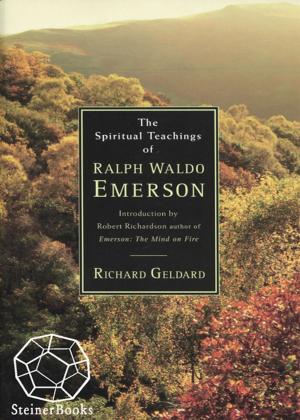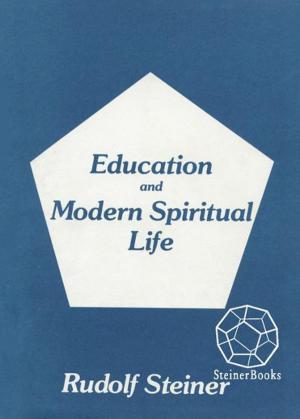| Author: | Rudolf Steiner | ISBN: | 9780880108089 |
| Publisher: | SteinerBooks | Publication: | January 1, 2008 |
| Imprint: | SteinerBooks, Collected Works 94 | Language: | English |
| Author: | Rudolf Steiner |
| ISBN: | 9780880108089 |
| Publisher: | SteinerBooks |
| Publication: | January 1, 2008 |
| Imprint: | SteinerBooks, Collected Works 94 |
| Language: | English |
This lecture is part of the collection "An Esoteric Cosmology" by Rudolf Steiner. Steiner (1861-1925) was an Austrian philosopher, social reformer, architect, and esotericist. He gained initial recognition as a literary critic and cultural philosopher. At the beginning of the 20th century, he founded a spiritual movement, Anthroposophy. He is considered the father of Waldorf education, biodynamic agriculture, anthroposophical medicine and spiritual science. A congress of the Federation of European Sections of the Theosophical Society was held in Paris in May 1906. Rudolf Steiner attended with a number of students and presented a series of lectures to a small circle of friends, mostly society members. Edouard Schuré was present and made succinct notes of those talks, the result of which is An Esoteric Cosmology: Evolution, Christ, and Modern Spirituality. In is foreword, Schuré describes his initial impressions of Rudolf Steiner and the force of his vision: These priceless lectures mark a significant phase of Rudolf Steiners thoughtthat of the spontaneous burst of his genius and its first crystallization. Indeed, his notes record perhaps the first general outline and summary of what would become Anthroposophy, or spiritual science. At the time of these lectures, most members viewed Theosophy as a kind of Europeanized Indian philosophy. Thus, one purpose of these lectures was to outline Steiners Christ-centered spiritual science in contrast to the more Eastern orientation of Theosophy. He carefully connected the essence of spiritual science to the role of the Christ in human evolution, as well as to the Rosicrucian and Christian mystery traditions, the primary carriers of the esoteric Christian stream. To accomplish this, Steiner presented the roots of Christianity in the ancient mysteries and in the evolution of the whole universe itself. The miracle of these lectures, perhaps, is that Steiner was able to condense such a grand cosmology into these eighteen lectures, and that Edouard Schuré was able to capture their essence in the relatively brief notes that constitute this book. A few years later, the substance of these lectures were expanded and presented in Rudolf Steiners Outline of Esoteric Science. These lecture notes will prove invaluable for all those who wish to better understand that book, as well as Rudolf Steiners Christian cosmology and perspective on esoteric Christianity and the Christian mysteries. The entire Collected Works of Rudolf Steiner are available from SteinerBooks.
This lecture is part of the collection "An Esoteric Cosmology" by Rudolf Steiner. Steiner (1861-1925) was an Austrian philosopher, social reformer, architect, and esotericist. He gained initial recognition as a literary critic and cultural philosopher. At the beginning of the 20th century, he founded a spiritual movement, Anthroposophy. He is considered the father of Waldorf education, biodynamic agriculture, anthroposophical medicine and spiritual science. A congress of the Federation of European Sections of the Theosophical Society was held in Paris in May 1906. Rudolf Steiner attended with a number of students and presented a series of lectures to a small circle of friends, mostly society members. Edouard Schuré was present and made succinct notes of those talks, the result of which is An Esoteric Cosmology: Evolution, Christ, and Modern Spirituality. In is foreword, Schuré describes his initial impressions of Rudolf Steiner and the force of his vision: These priceless lectures mark a significant phase of Rudolf Steiners thoughtthat of the spontaneous burst of his genius and its first crystallization. Indeed, his notes record perhaps the first general outline and summary of what would become Anthroposophy, or spiritual science. At the time of these lectures, most members viewed Theosophy as a kind of Europeanized Indian philosophy. Thus, one purpose of these lectures was to outline Steiners Christ-centered spiritual science in contrast to the more Eastern orientation of Theosophy. He carefully connected the essence of spiritual science to the role of the Christ in human evolution, as well as to the Rosicrucian and Christian mystery traditions, the primary carriers of the esoteric Christian stream. To accomplish this, Steiner presented the roots of Christianity in the ancient mysteries and in the evolution of the whole universe itself. The miracle of these lectures, perhaps, is that Steiner was able to condense such a grand cosmology into these eighteen lectures, and that Edouard Schuré was able to capture their essence in the relatively brief notes that constitute this book. A few years later, the substance of these lectures were expanded and presented in Rudolf Steiners Outline of Esoteric Science. These lecture notes will prove invaluable for all those who wish to better understand that book, as well as Rudolf Steiners Christian cosmology and perspective on esoteric Christianity and the Christian mysteries. The entire Collected Works of Rudolf Steiner are available from SteinerBooks.
